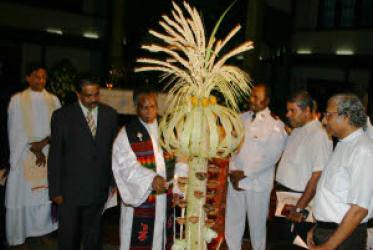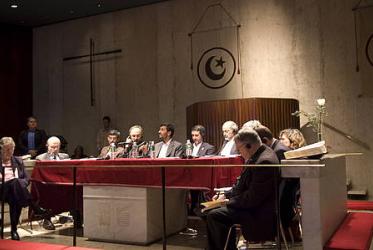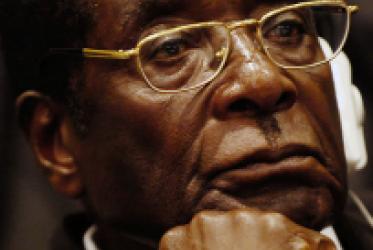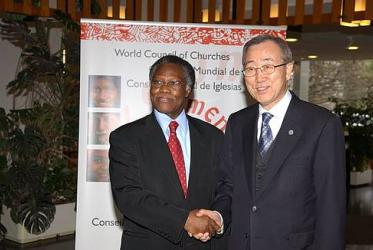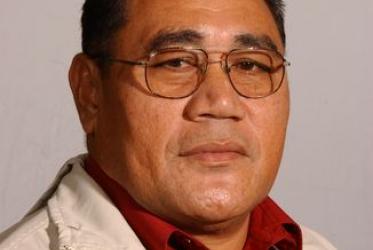Displaying 961 - 980 of 984
Sri Lankan churches face challenges amid raging war
22 October 2008
Churches meet to analyze climate change related emergencies
24 September 2008
Bringing hope to a broken world
14 April 2008
WCC calls for UN fact finding mission to Papua
17 March 2008
WCC statements address climate change, other topics
20 February 2008
Churches want to see a new paradigm on climate change
11 December 2007
